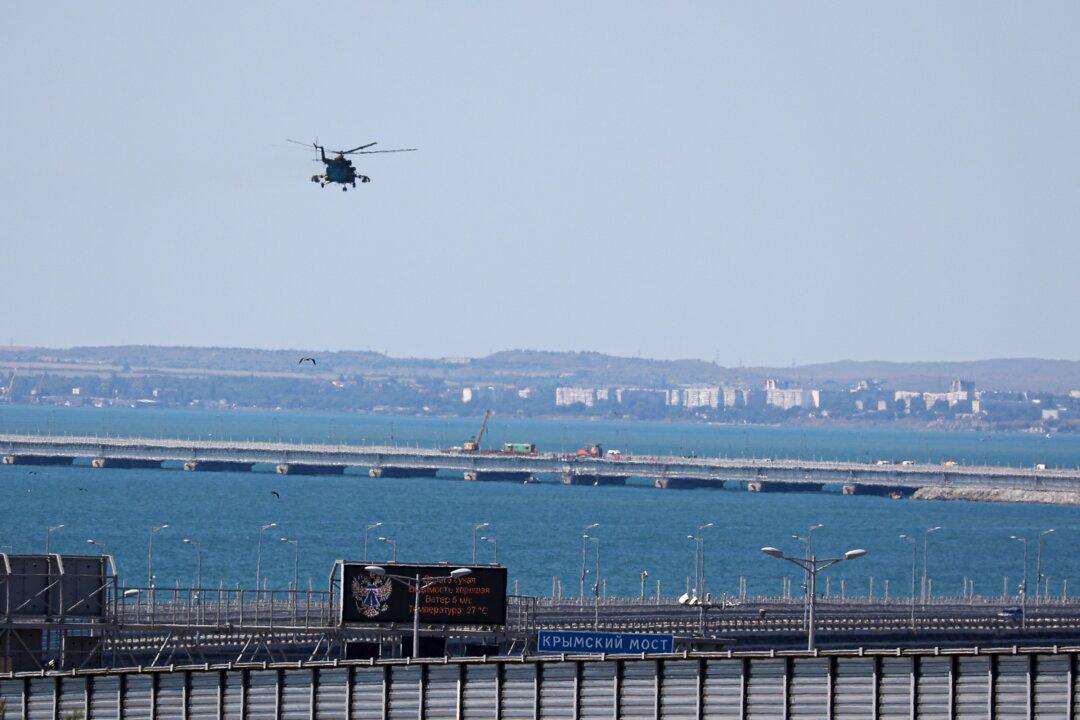The United States is warning that Russia could use its own sea mines in a false flag operation to justify the ongoing targeting of civilian grain vessels in the northern Black Sea.
White House National Security Council Spokesperson John Kirby told reporters on July 20 that the Biden administration felt it was necessary to issue a “warning” about Russian disinformation on the topic.




